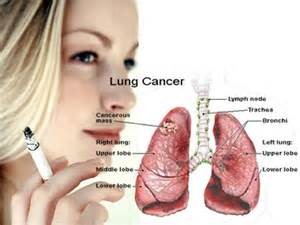Dr Brownstein, MD
We have been asking the wrong question about cancer. We have asked “what”: What tumor do you have? What kind of chemotherapy, surgery, or radiation is needed for that tumor? What is your prognosis? Instead, we need to be asking “why” and “how”: Why did this cancer grow? How can you change the conditions that feed and support cancer-cell growth? How did the terrain of your garden become host to such an invasive weed?
Surprisingly, scientific literature is abundant with evidence that diet, exercise, thoughts, feelings, and environmental toxins all influence the initiation, growth and progression of cancer. If a nutrient-poor diet full of sugar, lack of exercise, chronic stress, persistent pollutants, and heavy metals can cause cancer, could it be that a nutrient-dense, plant-based diet, physical activity, changing thoughts and reactions to stress, and detoxification might treat the garden in which cancer grows? Treat the soil, not the plant. It is a foundational principle of sustainable agriculture, and of sustainable health.
In my oncology rotation in medical school, I asked my professor what percentage of cancer was related to diet. Expecting a gracious but insignificant nod to the role of diet as a cause of cancer, I was surprised when he said that 70 percent of all cancers were related to diet. The 2008-2009 report from the President’s Cancer Panel found that we have grossly underestimated the link between environmental toxins, plastics, chemicals, and cancer risk. They have yet to acknowledge how thoughts, emotions, and overall stress impact that risk—but it is sure to come. The facts suggest that we should take a deeper look.
Consider this fact: 16 percent of all cancers are new, primary cancers in patients who have already had one cancer, not recurrences. This means that people who have cancer are more likely to get it again. Could it be the garden? I recently saw a patient after her third cancer, wondering what she could do to prevent cancer rather than waiting around for another one.
Consider this fact: The lifetime risk of breast cancer of those with the “breast cancer gene” or BRCA1 or 2 is presently 82 percent and increasing every year. Before 1940, the risk of getting the disease, for those with the gene, was 24 percent. What changed? Our diet, lifestyle, and environment—both physically and emotionally. Might these factors be a better place to look for answers on how to address our cancer epidemic?
Cancers arise from a disturbance in your physiological state. Addressing that disturbance is the foundation of future cancer care. This approach might be called milieu therapy. Rather than treating cancer per se, we treat the milieu in which cancer arises.
Contact an Integrative Medicine practitioner near you to learn how you can treat the milieu.
Image courtesy coolhealthtips.com

